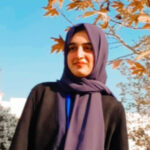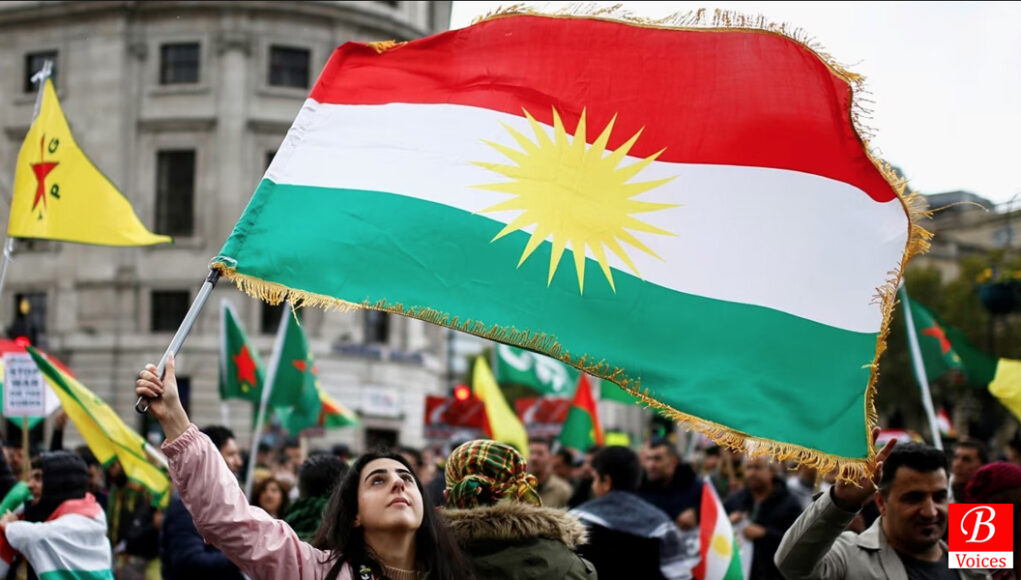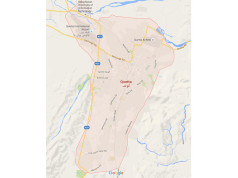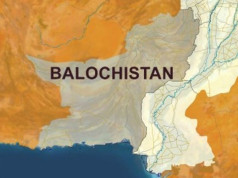 Maria Khan
Maria Khan
Pakistanis have a very strange superiority complex- calling them something other than their own ethnicity gives them a peculiar sort of pleasure.
Many of the Balochs which reside in the western part of Pakistan affiliate themselves with the Iranian ethnic group native to the western part of Asia. There is a relatively small population of Kurds residing in Pakistan. This small population consists of mostly migrants who traveled from Iraq to this region during the Gulf War of 1990. Over 4 to 5 thousand people migrated to this South Asian country during that time, but many of them returned and in the present day, a very small minority is still seen settled here-mostly in Islamabad.
So the very question here arises: who actually are the Kurds of Pakistan? With a slightly different pronunciation, the Kurds of Pakistan are a Brahui-speaking group who lived under the Khanate of Kalat and were previously under the rule of the Ghaznavid and the Ghorid empires. What came as a major development in this misconception was when Benazir Bhutto announced that she had Kurdish origins. Considered the first female Prime Minister in a Muslim-majority country, Benazir announced that her mother’s Kurdish descent played a key role in her taking the position. Connecting herself to the West Asian Iranian group, she stated that the reason she holds immense importance for Kurds and the need to solve their issues is because of this particular reason. However, this does not mean that the Baloch people are of the same lineage.
Both Baloch and Pashto are Indo-Iranian and not Indo-Aryan languages. The key aspect to notice here is that while Kurds, Balochs, and Pashtuns are related to Iranians in some way, there are some differences. The Kurds of Pakistan speak Brahui language which is of Dravidian descent, the Pashtuns came from Parthians, and the West Asian Kurds arose from Medians. Although the common point of intersection is the Persian Empire, there are significant points of divergence too. Various Lores connect these groups to different origins and some also connect Baloch genesis to Syria’s Aleppo. Linguistically, Balochi is more similar to Kurdish than to its neighboring Pashto.
Taking the conversation back to 1500 years ago, a Central Asian tribe entered the Indian Subcontinent via the Khyber Pass which the natives called White Huns (or Hephthalites). While Chinese chronicles consider East Turkestan as their homeland, many South Asians regarded Huns as native to the Trans-Caspian region (mostly in the upper part of the Amu Darya). Theodor Noldeke considered them to be the relatives of Kurds and many sources have suggested that the Hazaras are descendants of the White Huns. The ethnogenesis of Pashtuns can also be attributed to the dissolution of Hephthalites or the White Huns, marking another point of convergence between these ethnic groups.
We here come to the point that while a number of intersections in the point of origins may be considered between these ethnic groups, they are actually not identical in the present day and the ones residing in Balochistan today are clearly very distinct from those living in the West Asian region.
The writer is a student of BS-IR at NUML University, Islamabad.
Disclaimer: Views expressed in this article are those of the writer and Balochistan Voices does not necessarily agree with them.
Share your comments!








